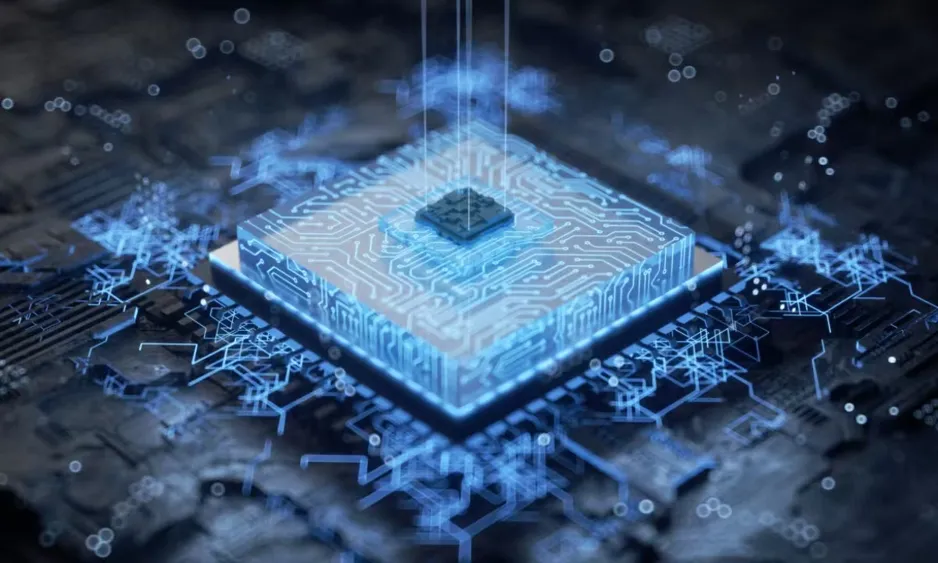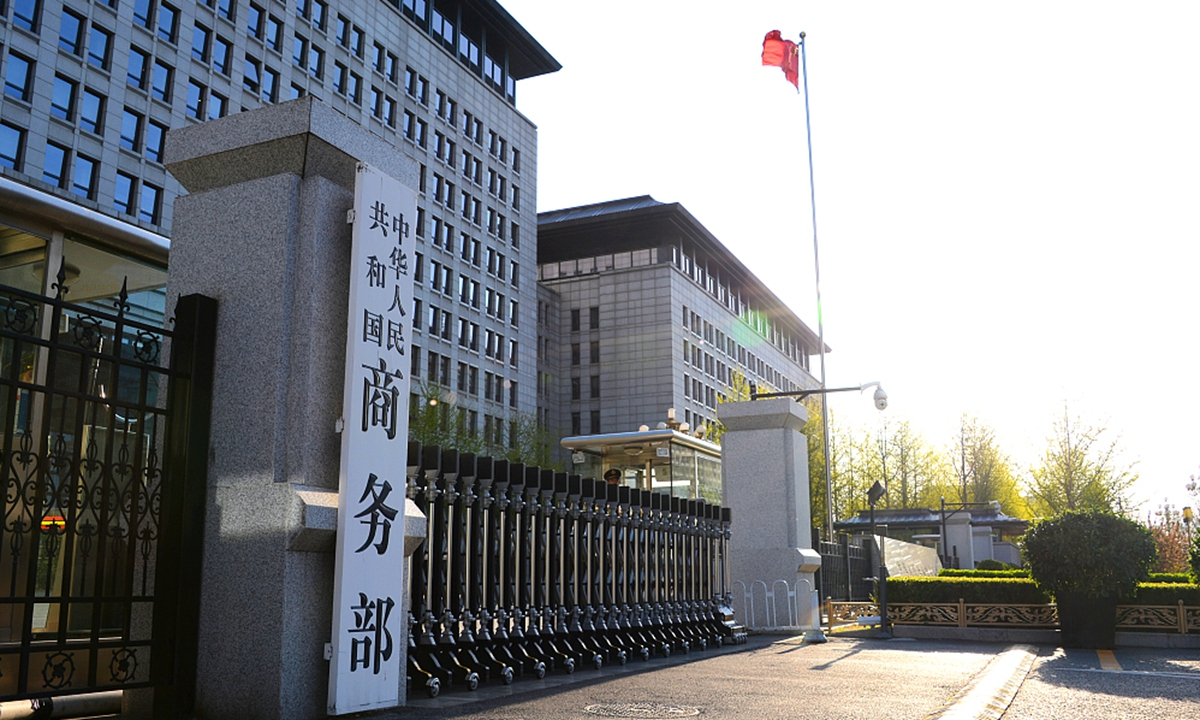Trump Proposes Nvidia Sell Scaled-Down GPU Chip to China

In a notable development in the ongoing complexities of US-China relations within the technology sector, former President Donald Trump suggested on Monday that he might allow Nvidia to market a scaled-down version of its advanced GPU chip in China. Reports indicate that this proposed iteration would have a performance reduction of approximately 30 to 50 percent.
Chinese analysts have interpreted this proposal as potentially mirroring the H20 chip, a variant specifically designed for the Chinese market to adhere to US export control regulations. They noted that, despite the downgraded specifications, the training capacity for large artificial intelligence models could exceed five times that of the H20.
These developments highlight a paradoxical mindset within the United States; analysts assert that the US aims to maintain its foothold in the lucrative Chinese market while simultaneously harboring fears of falling behind in AI technology. Zhang Xiaorong, director of the Cutting-Edge Technology Research Institute in Beijing, indicated that the introduction of downgraded chips underlines efforts to protect US market interests.
Trump referred to Nvidia's CEO Jensen Huang and his discussions regarding the new chip, describing it as a 'somewhat enhanced-in-a-negative-way Blackwell.' He suggested that the upcoming model would not have the capabilities of the flagship version.
These dialogues have occurred against a backdrop of increasing restrictions and scrutiny over technology exports, particularly concerning advanced computing resources. Nvidia has reportedly created a stripped-down version called the B30, or 'Blackwell lite,' which adheres to new US performance limitations.
The B30 chip, being positioned as an alternative to Nvidia's latest offerings, reflects a strategic pivot aimed at the Chinese market. Chen Jing, a vice president of the Technology and Strategy Research Institute, confirmed that while the performance of the B30 would be lower than the B100 flagship model, it would still exceed the H20 in training capabilities.
Reports suggest that, due to US export controls, no versions of Nvidia's Blackwell chip are currently legally available in China. Trump's comments also revealed expectations for further discussions with Huang regarding export licenses for these chips.
In contrast to the advanced capabilities of Blackwell, the H20 chip has been labeled by Trump as 'obsolete,' with remarks suggesting that Huawei has similar technology. This sentiment underscores the competitive landscape in which these companies are operating.
Moreover, accompanying the push for the B30 are reports of Nvidia and AMD agreeing to share a portion of their sales revenues from China to facilitate obtaining the necessary export licenses. This arrangement signifies a notable shift in how these companies negotiate access to the Chinese market.
Chinese officials have expressed their opposition to the politicization of technology and trade, stressing that such actions undermine global supply chains. The ongoing dialogue surrounding chip exports underscores the delicate balance between technological advancement and international regulation.
Read These Next

Shanghai Airport Ends Personal and Luggage Security Checks Today
Starting August 12, Shanghai airports optimize security; only baggage explosives detection remains for improved passenger experience.

Galaxy Entertainment's Strategic Shifts in Tough Economy
This commentary dissects recent developments at Galaxy Entertainment Group Limited, emphasizing financial growth alongside the challenges posed by strategic closures and broader economic uncertainties.

China Extends Suspension on 11 US Entities for 90 Days
China extends suspension of restrictions on 11 US entities until August 12, 2025, aiming to enhance bilateral trade relations.
